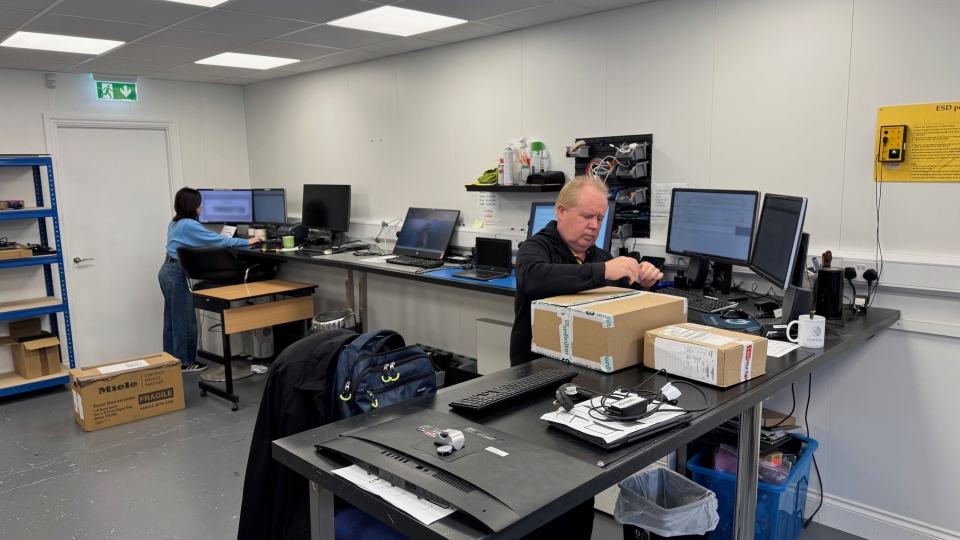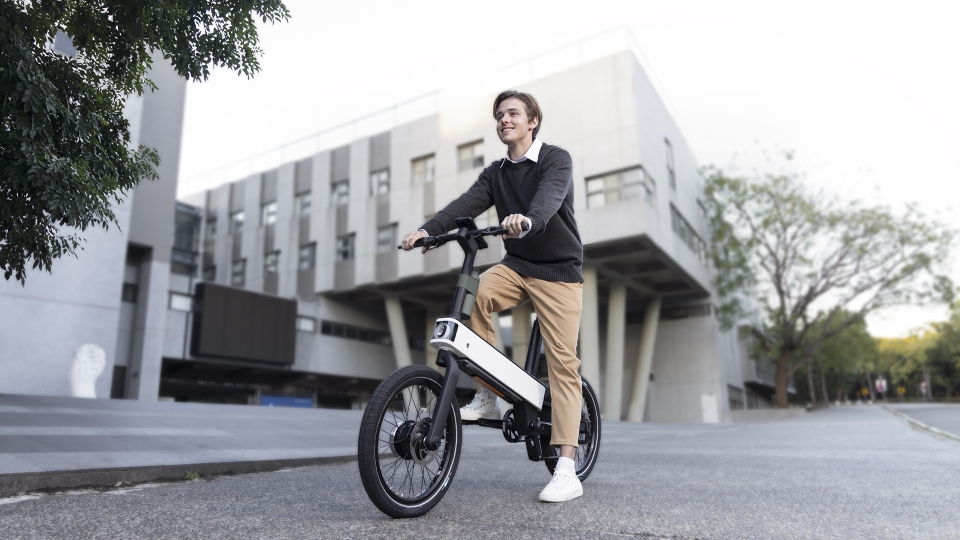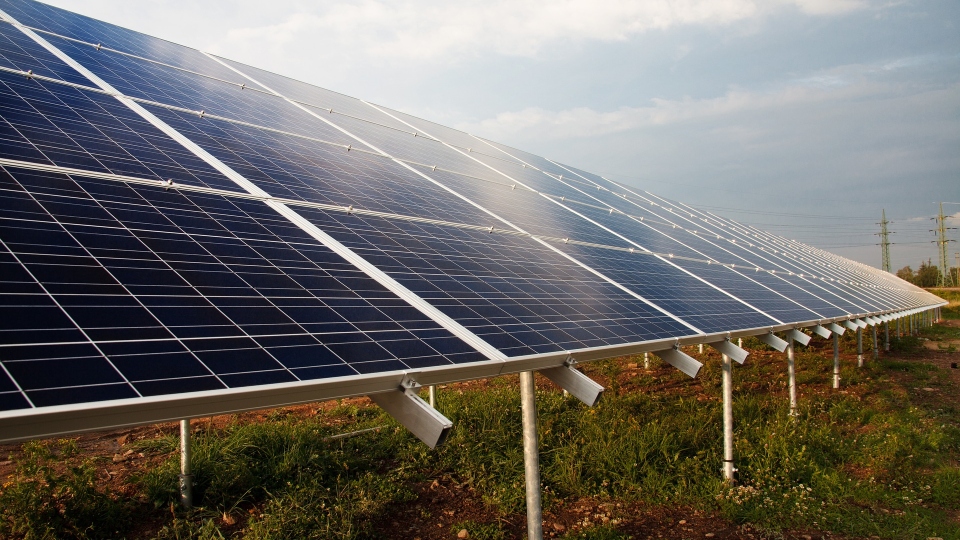
Acer is aiming to reduce much more carbon emissions in its supply chain, going from -274 tonnes in 2023 to a target of -2,470 tonnes by the end of 2025.
It says carbon will be reduced through electric transport, certified biofuels, and continuous monitoring of emissions with dedicated internal tools.
From this month, the first shipments by electric trucks will begin in The Netherlands, “significantly reducing” local emissions and contributing to improved air quality in urban areas.
Projects are also underway with Kuehne+Nagel to adopt Hydro Vegetable Oil (HVO) and other biofuels, with the aim of replacing traditional fossil fuels and reducing the carbon footprint of logistics.
In addition, the implementation of an internal tool allows CO₂ emissions to be monitored for each individual shipment, improving transparency and enabling targeted interventions to optimise environmental efficiency, said Acer.
The success of Acer's green initiatives is supported by a “virtuous” internal mechanism, that reinvests company budgets and uses contractual penalties as funds dedicated to sustainability projects. “This approach ensures continuity and resources to finance emission reduction initiatives,” the firm said.
Acer is also aiming for increasing efficiency in spare parts management. The company is preparing for the European “Right to Repair” directive by increasing the availability of spare parts, and optimising management to reduce waste and environmental impact.
The internal motherboard repair system allows faulty components to be replaced and put back into circulation, promoting recycling and refurbishing and contributing to a “significant reduction” in environmental impact.
“Sustainability is part of our corporate culture,” says Trivikram Jayacham, Acer EMEA HR senior director. "For this reason, we have embarked on a proactive path, by adopting innovative business models that prioritise reducing our environmental impact.”






